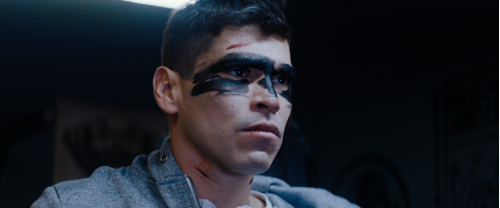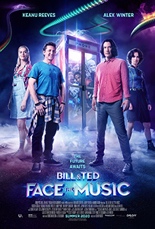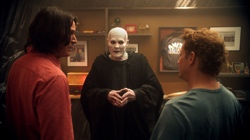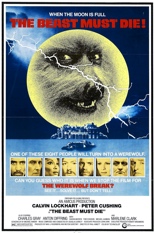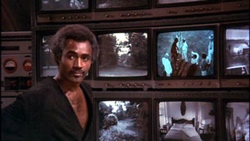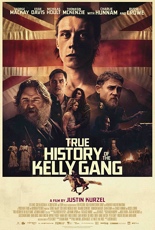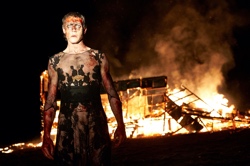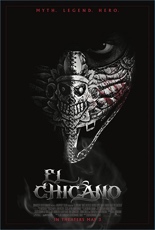
 They say “Never say never,” but I’m saying “never”: Marvel or DC will never make a superhero flick that features a Latinx headliner — if they can even fucking find one, and I don’t mean as an alien, extraterrestrial or undocumented.
They say “Never say never,” but I’m saying “never”: Marvel or DC will never make a superhero flick that features a Latinx headliner — if they can even fucking find one, and I don’t mean as an alien, extraterrestrial or undocumented.
That means if we want a heroic avenger to cheer in an ongoing battle against evil, we’re going to have to create our own, typically to varying degrees of success. This is exemplified with the vigilante El Chicano, an original character conceived by Ben Hernandez Bray and Joe Carnahan, also to varying degrees of success.
In the film El Chicano, a dark knight has protected East L.A. and the surrounding areas since the 1940s, using his well-honed fighting skills, tricked-out cycle and skull-like visage to strike what I’m assuming is fear into the hearts of thugs and bangers, dealers and politicians.
While investigating a deadly cartel moving into his jurisdiction, LAPD Detective Diego Hernandez (Raul Castillo) discovers that his dead brother had taken on the mantle of El Chicano and now it’s his turn, using the mask and his muscle to disrupt the flow of drugs and the scourge of murders that, apparently, his childhood friend is woefully behind.
El Chicano picks and chooses what white-boy comic-book mythos to take from — a little Punisher here, a bit of Batman there — to become El Chicano. Despite an overly long origin, when he finally slips the half-mask on, it plays very much like the type of satisfying story superhero fans should crave, leading to a super-loco tacked-on coda for a sequel I wish were here right now. —Louis Fowler

